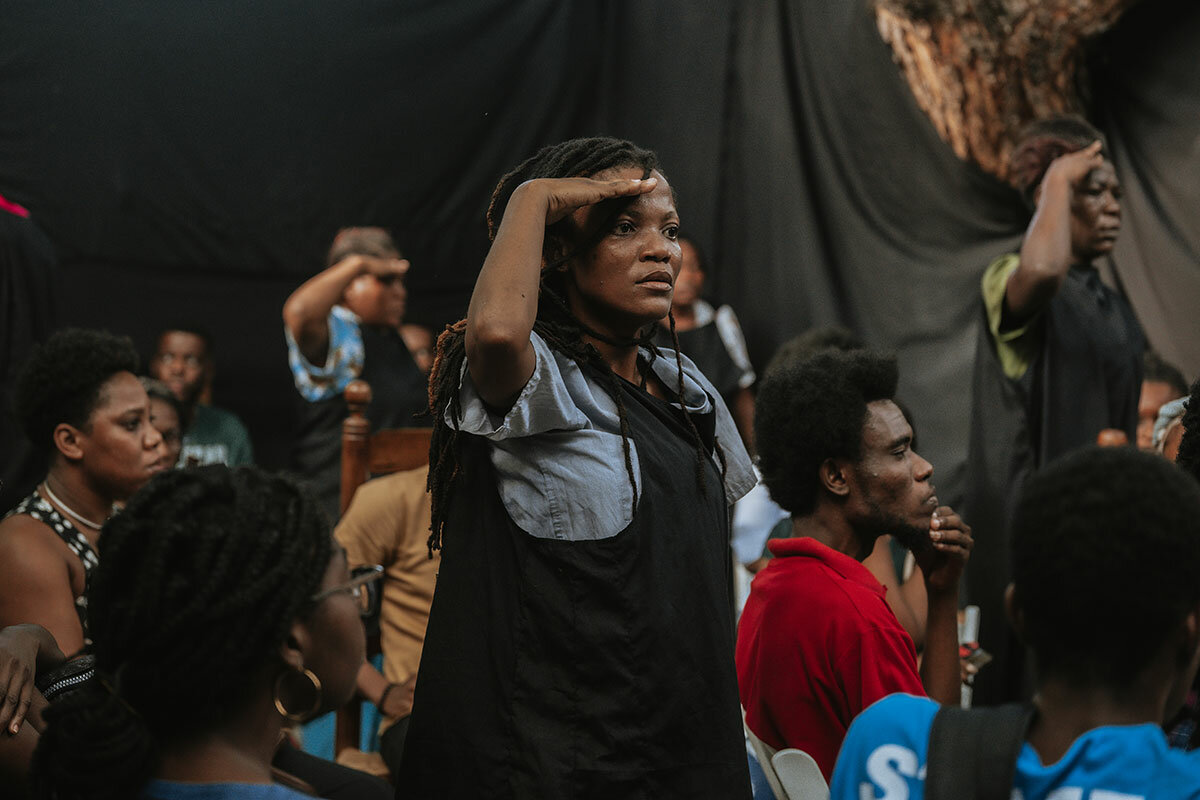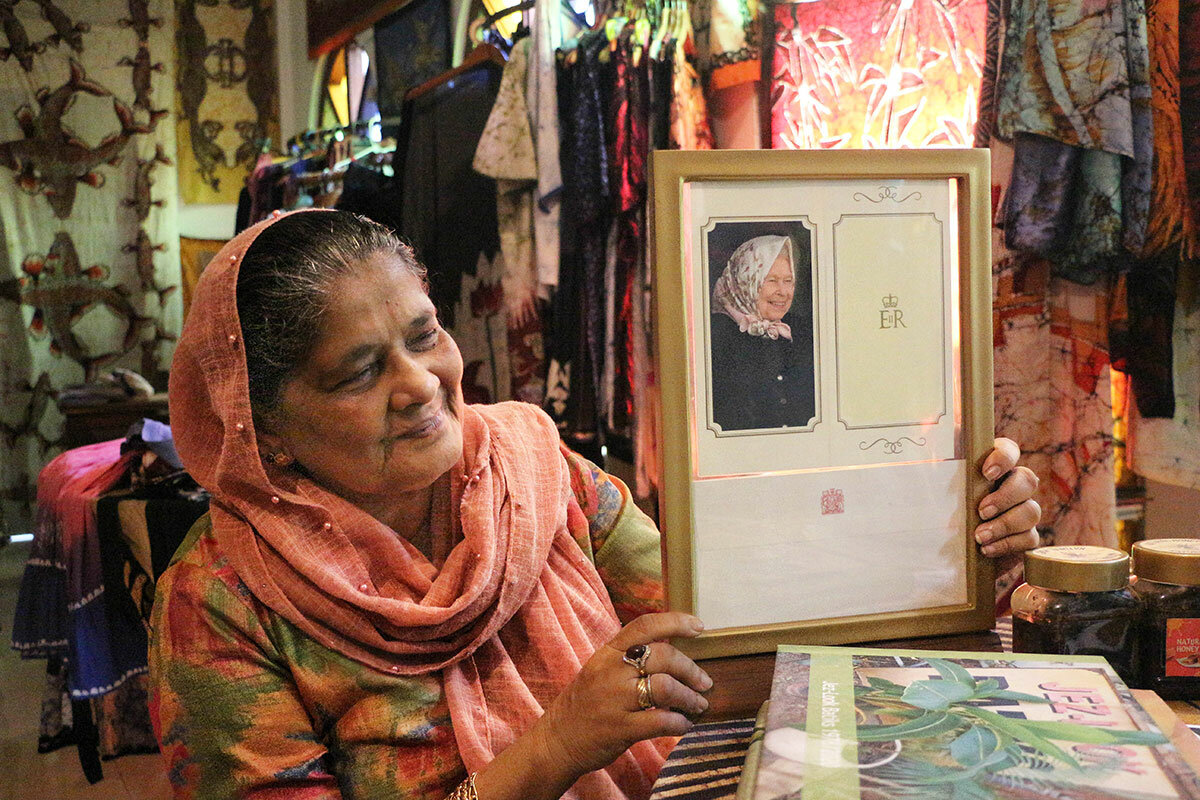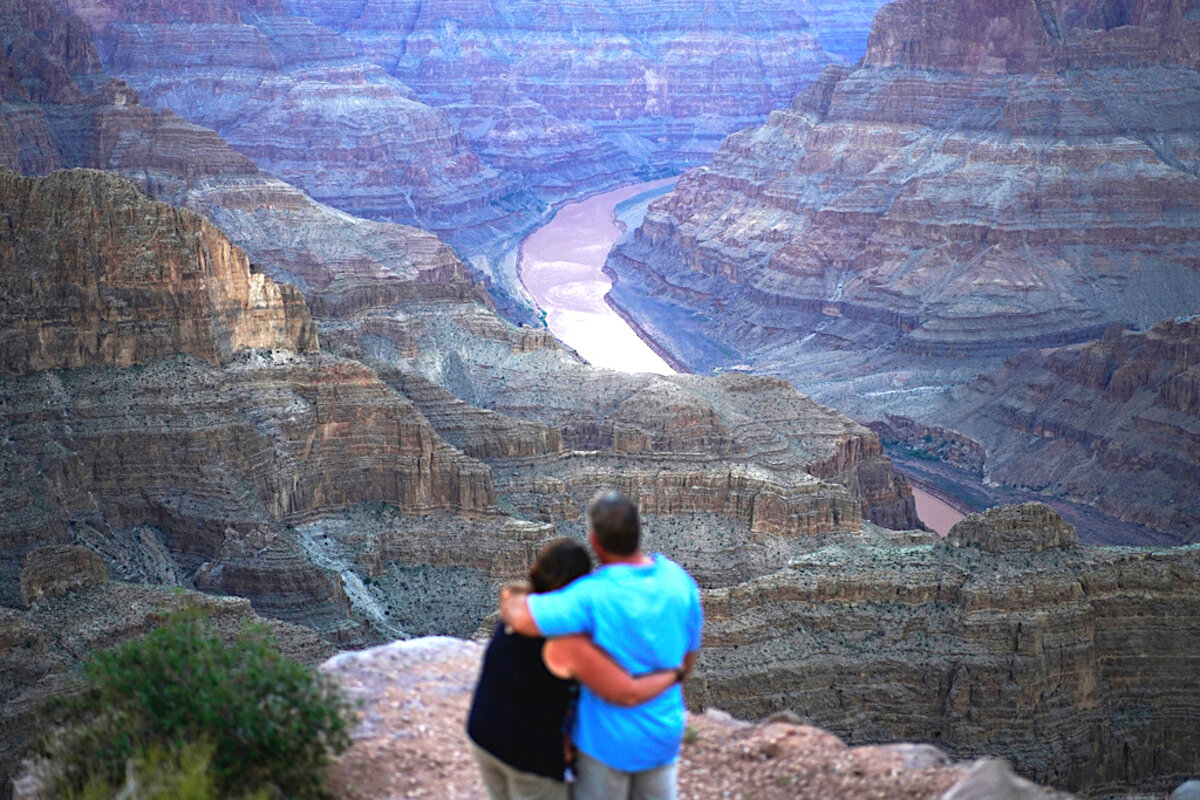Feeling abandoned amid the West Bank’s latest explosive cycle, how do Palestinian civilians protect themselves? Even as some embrace mutual aid, others resort to violence.
Monitor Daily Podcast
- Follow us:
- Apple Podcasts
- Spotify
- RSS Feed
- Download
 Kendra Nordin Beato
Kendra Nordin Beato
On a recent frigid evening in Chicago, a spot of warmth was emanating from a blues club off South Wabash Avenue. Every January, iconic bluesman Buddy Guy plays at his home club, Legends. This year, he’s starting his farewell tour.
Mr. Guy is the last of a long line of blues guitarists – some call him the greatest – who left hardscrabble Southern childhoods for a new life in Chicago. Now 86, he feels like he’s charged with keeping the blues alive. He took the stage last month in a wide-brim hat, coral suit, black-and-white sneakers, and a Fender Stratocaster slung over his shoulder. His club hummed with vibrant joy.
Chicago has had its share of troubles, from rising crime to racial tensions. But it is also the crossroads of historic exchange between Black and white cultures, the blues bending and blending human emotion into a steady 4/4 rhythm, a building block heard in the Inventions of Bach and even Madonna’s pop hits.
Sadness might be the place you start from when playing the blues, but that’s not where you end up. “The blues chase the blues away,” Mr. Guy regularly reminds audiences.
The blues is about facing truth and still expressing joy. You could see it in his smile as he stepped off the stage and strode through the crowd, still strumming his Strat, until he reached the street outside – the blues amplified into Chicago’s cold night air. He’s won eight Grammys, and a host of other honors. His 2022 album “The Blues Don’t Lie” has earned another Grammy nomination. The winners will be announced Sunday, Feb. 5.
Whether Mr. Guy wins again doesn’t really matter. His legacy is set in a tradition that’s been crafted over time. The blues tells an important story about us – and it’s a vital, life-giving part of American history.










